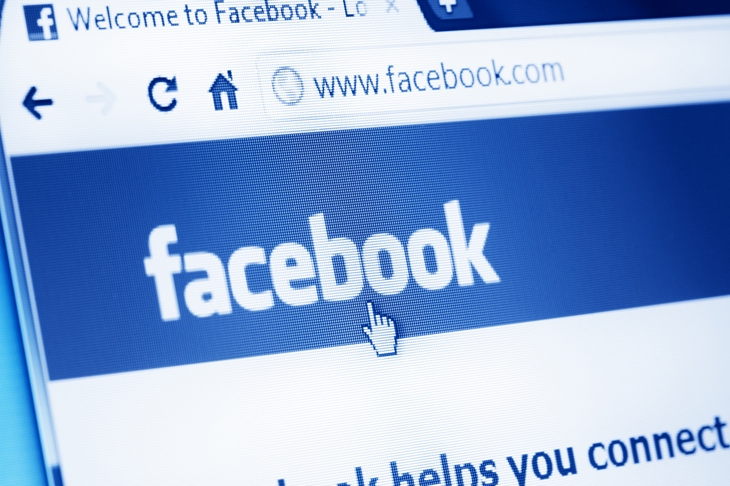The giants of the internet have long said that they are not publishers but mere platforms — or couriers — of the new information age. Companies such as Google and Facebook insist that they’re the digital equivalent of the vans, newsagents and paperboys who distribute what other people publish. So they ought not to be held responsible for it. In the early years of the internet, their argument made sense. Most news and comment came from newspapers and magazines (like this one). But then social media arrived and restraint vanished.
Military-grade email encryption has emerged as standard, giving security to those who don’t want their email hacked, but also cover to criminal networks. The tech giants, worried by the demons they were nurturing, started to behave as publishers. They began moderating and sometimes banning content. Facebook started to editorialise its news feeds, tweaking ‘emotional content’ to see if it would make users happy or sad. They stopped being mere platforms. Which is partly why, this week, the chairman of media regulator Ofcom has said that Facebook and Google ought to be seen as publishers — and, presumably, regulated as such.
It’s sometimes said that Rupert Murdoch and his ilk are the last publishing tycoons. But a new and very different breed has emerged. Tech pioneers such as Mark Zuckerberg and Sergey Brin never sought the awesome power they now wield. They set out with dreams about connecting billions of people for the common good, to connect and spread ideas, even democracy. But the web was always going to be no more (or less) moral (or vicious) than the people who used it. Jihadis and drugs traffickers have thrived from the new network. Anyone who is seriously interested in the latest magazine from Isis can find it, via Google, in a couple of minutes. If you wish to find a pirate copy of a song, however, it’s a lot harder: music companies are far better at destroying content that threatens them than national security networks are at destroying content that threatens us. The tools to constrain what is available online certainly exist. Facebook’s recent decision to hire 3,000 editors to screen unsuitable posts is an acknowledgment that it can and does curate published material
As Niall Ferguson explains on page 12, the digital revolution might have helped billions of people but has ended up creating a small number of behemoths. Facebook and Google now have 60 per cent of the digital ad market between them. This brings enough cash to buy any emerging rival and keep their duopoly intact. The concentration of such power would not be tolerated in any other field — but this one barely existed ten years ago, and it only exists because these two companies did so much to create it. Breaking them up seems a task beyond government, so the next step will be regulation. And this is where the danger lies.
Already, the government is seeking to direct the tech giants in the name of national security, but it does this behind closed doors. Today, if the Metropolitan Police call the right person and ask for a website to be taken down, their request is normally obeyed. This is quite a power, and it is open to abuse. The European Commission, for example, created powers to compel Google to delete any trace of articles in its search engines if someone complains that the articles are embarrassing. Newspapers would never agree to have their archives edited, but on some matters tech giants will bend more easily. Politicians have recently started to take an interest in ‘fake news’, untrue stories that they themselves often fall for. If they can position themselves as arbiters of what is right and truthful online, this would give them powers the state could never dare to claim over the printed press. And it might happen with a nod, a wink and unspoken convention. The ambiguity over who controls what invites a degree of corruption.
So it is time for a parliamentary debate on laying out and limiting the powers that politicians ought to have over the new digital publishing houses. From that, a discussion should begin on how to determine what responsibilities they should have — and what protection they should be given from government power grabs, lest regulation of Facebook ends up as full-blown regulation of free speech. Requiring all digital publishers to moderate content, as newspapers do, might end up guaranteeing the dominance of Twitter, Facebook and Google, who have the money to do the moderating. Upstart rivals would not.
Google started life in a garage in 1998; Facebook on a university campus in 2003; YouTube above a pizzeria in 2005. The speed of their growth is as extraordinary as the power they now hold. All have earned their success by providing hugely popular services for free, selling their users’ attention to advertisers for vast sums. But the power they now wield means they have rights and responsibilities that accompany that status.
It is now time for parliament to decide what powers the government should have over the new publishers, and redefine press freedom for the digital age.






Comments